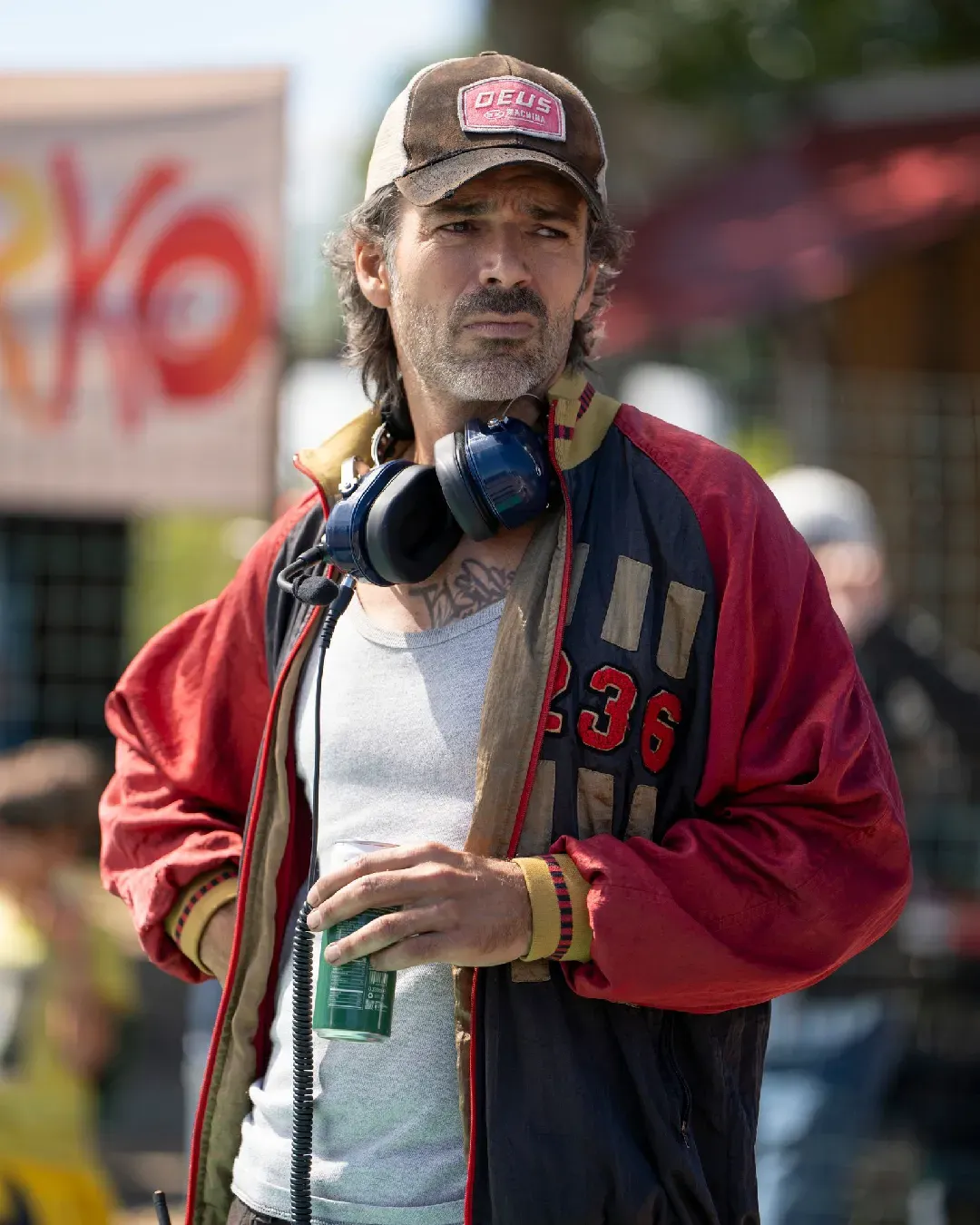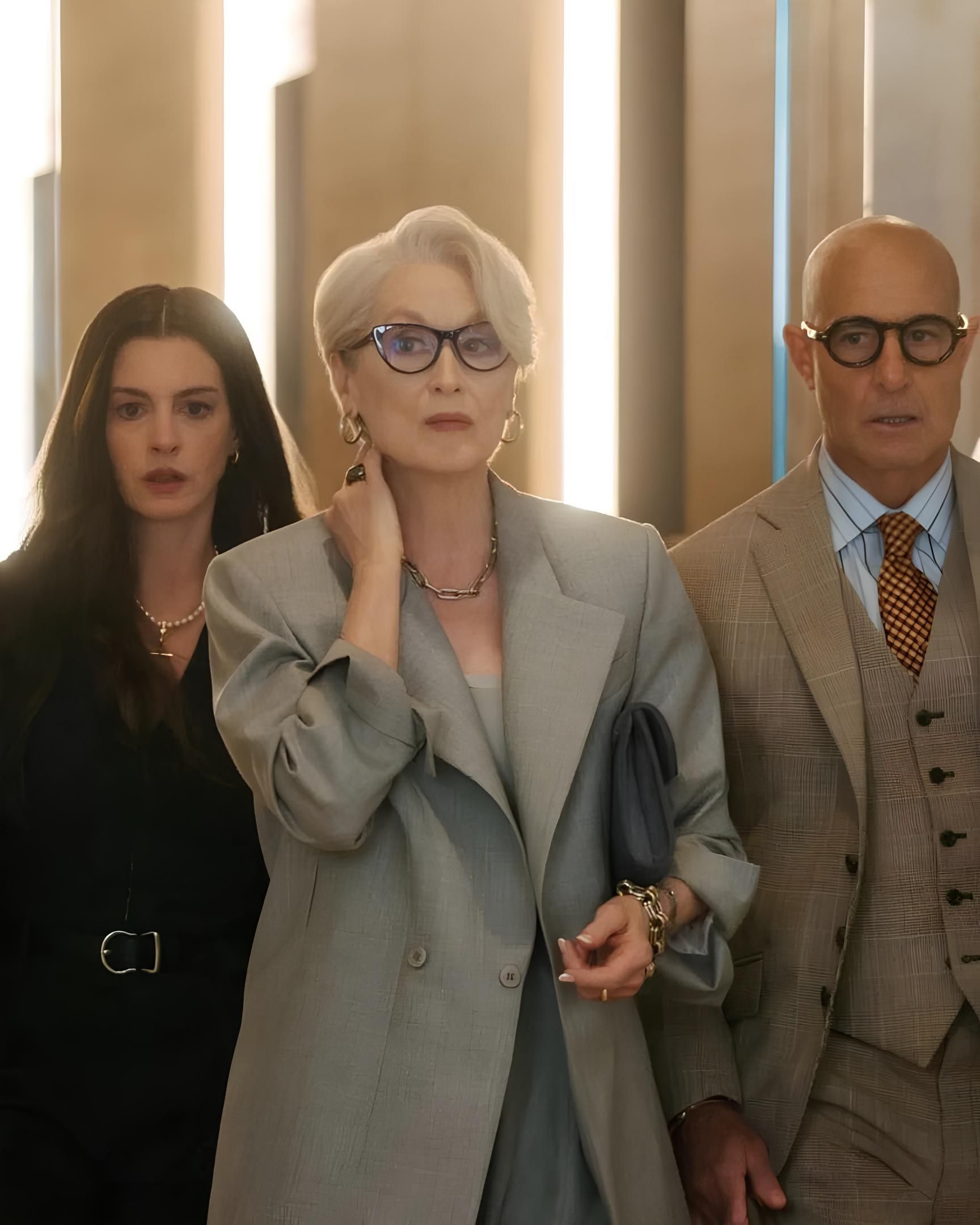
The era of TV series cancelled too soon Let's take stock as we try to put the pieces of our broken heart back together again
What do we get attached to? No, we're not talking about people, but about TV series. In an era of content overload, platform proliferation, and the obsessive race for newness, shows have reached a saturation point—and so have the viewers. Constantly stimulated, driven by FOMO on social media, and influenced by trending topics, the audience has reached a boiling point where the overabundance of serialized stories ends up overwhelming and almost suffocating them. This is how it goes now: after spending an entire evening debating which new title to start, weighing the pros and cons of the choice, and calculating how long it would take to watch a full season, the viewer finds their new favorite TV series suddenly canceled. A trend that has caught on with destabilizing speed, leaving viewers with no time to understand what's happening—starting a new show only to see it axed before even reaching the end.
Networks: Everyone is watching streaming for their scripted, diverse tv shows. They aren’t watching us.
— Small Screen Girl (@KiraJW) May 12, 2025
Also networks: We canceled all scripted series and greenlit 11 reality shows. One is about a marketing agency. pic.twitter.com/zwrF0nwRgh
So the question arises again: what’s the point of getting attached? Apparently, there are no rules in war, love, or when it comes to producing a new serial product—not even after a second season has been greenlit. This is the recent case of Étoile, an original Prime Video series by Amy Sherman-Palladino and Daniel Palladino (Gilmore Girls, The Marvelous Mrs. Maisel), abruptly canceled despite the go-ahead for two seasons before its 2025 release and a finale that was anything but open—it was wide open. Which is understandable from the showrunner couple, whose writing was surely influenced by the opportunity to further explore the connection and contrast between the two featured dance schools, one American and one French, and the cultural exchange between the dancers. According to reports, Étoile failed to meet the expectations of Prime Video and Amazon MGM Studios executives, the only reason we can cling to, given the (debatable) policy of streaming platforms not to release viewership data. Just a hypothesis, then confirmed by the series’ cancellation—but one that goes against the very idea of serial storytelling and the library value of streaming platforms.
@tayaphobia This is so awful actually what if I die #etoile #étoile #cheyennetoussaint #tobiasbell #gabinroux #genevievelavigne original sound - Etoile
Let’s start from the concept of serial storytelling itself. While many shows have managed to capture audience attention from their first season, episodic stories are by nature meant to evolve in progression, with a much more horizontal arc in the development and growth of characters and situations, allowing more time for construction that often extends beyond a single season. Many shows have only taken off by their second or even third season. Breaking Bad was a slow burner that hit turbo after its 2008 debut. A slow-paced, dramatic atmosphere was used to lay the groundwork for what would later become a defining series over the following years. Not to mention the comedy genre, which almost lost the best sitcom ever made, The Office, dangerously close to cancellation after its first season. Six episodes, a meticulous replica of the narrative and comedic structure of the British version it was based on and directly remaking. Creator Greg Daniels had to beg the network for a second chance for the show, finding a new voice separate from Ricky Gervais' original humor, and creating a future filled with awards, fan love, nine seasons—and an upcoming spin-off, The Paper.
Me watching Me 10 mins. later
— The Office Memes (@OfficeMemes_) September 7, 2021
the last episode restarting it and
and crying seeing Dwight’s
when it ends stapler in jello pic.twitter.com/AHXohbW8it
Times have clearly changed, and the fast pace we live in also affects, especially, visual media. With so many film and series options, it’s clear that producers and investors have many more titles to produce and must quickly figure out which one to back. But time is also fundamental for viewers to get to know a story, dive deep into it, become curious, and let something build within them—growing an interest that, from lukewarm, becomes an obsession. Something often believed to have started with binge-watching, but whose roots go way back—from DVD box sets with all episodes to fan conventions to meet favorite actors/characters. Time is something producers consider—but inversely from how they should. For them, time is money, and in terms of series production, that means a big investment that must pay off immediately. Otherwise, it’s goodbye and on to the next show. But for viewers, time has always been key to discovering, learning about, and getting intrigued by a title. Spending time together is essential. And if producers are investing money they no longer want to give, viewers stop investing time in something that might abandon them, wave goodbye, say farewell suddenly.
And this is the short-circuit currently at play. If we’re afraid the new series we just started—fresh on the list and among many viewing options—will soon be canceled, we won’t even try to watch it. That results in lukewarm views and feedback, less than what creators and producers hoped for, which leads to its removal from the slate and moving on to the next one. If we’re lucky, maybe they’ll extend what was supposed to be a limited series, self-contained, but if it’s popular, it must follow the laws of the market. The solution becomes: watch shows that are already finished. Completed, wrapped up, maybe even classics—so we can catch up. The catalog functions more like a library for rediscovery rather than exploration, letting us revisit cult favorites of the past that have a beginning, a development, and—most importantly—an end. Platforms, in this sense, only partially fulfill their catalog role, often serving as containers for third-party content with reproduction rights, while faltering when it comes to treating their original shows with care. This results in producing and distributing incomplete stories, dangling, always remaining on their platform as an example of poor judgment—either in producing them or in not trusting them to continue. And who knows what impact this might have on serial writing, which may feel increasingly discouraged from thinking long-term, limiting creativity and trying to at least provide some sense of closure in each season. That’s why a recent operation like Overcompensating, completely incomplete in its first season, feels like a revolutionary act in how it ends. That the exponential rise in series calls for rescaling is normal—but we, and especially our broken hearts, shouldn’t have to pay the price.













































